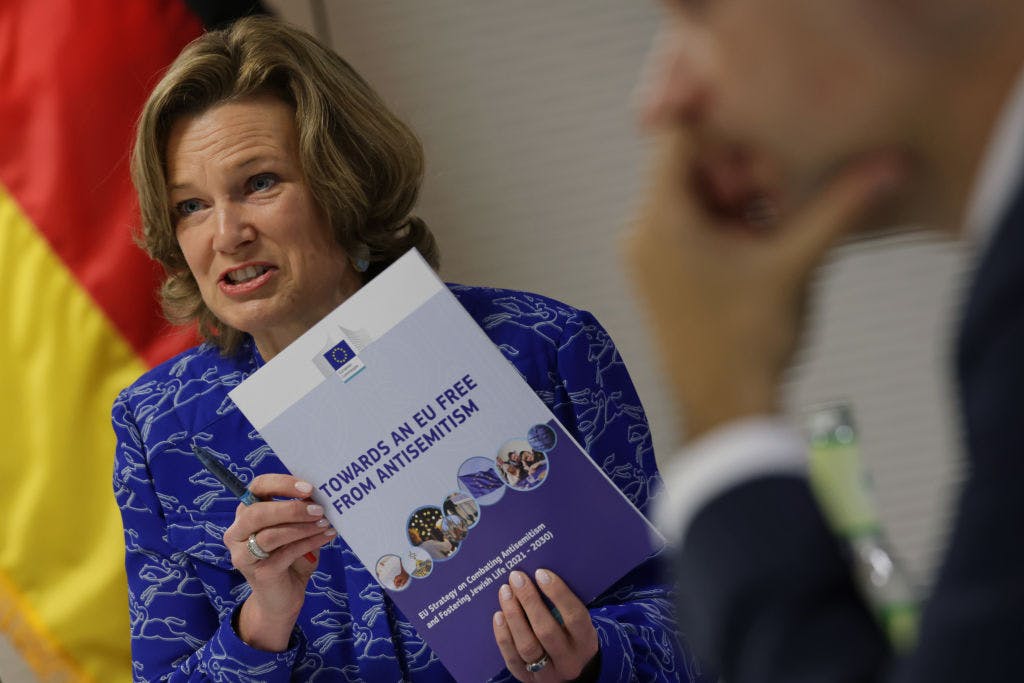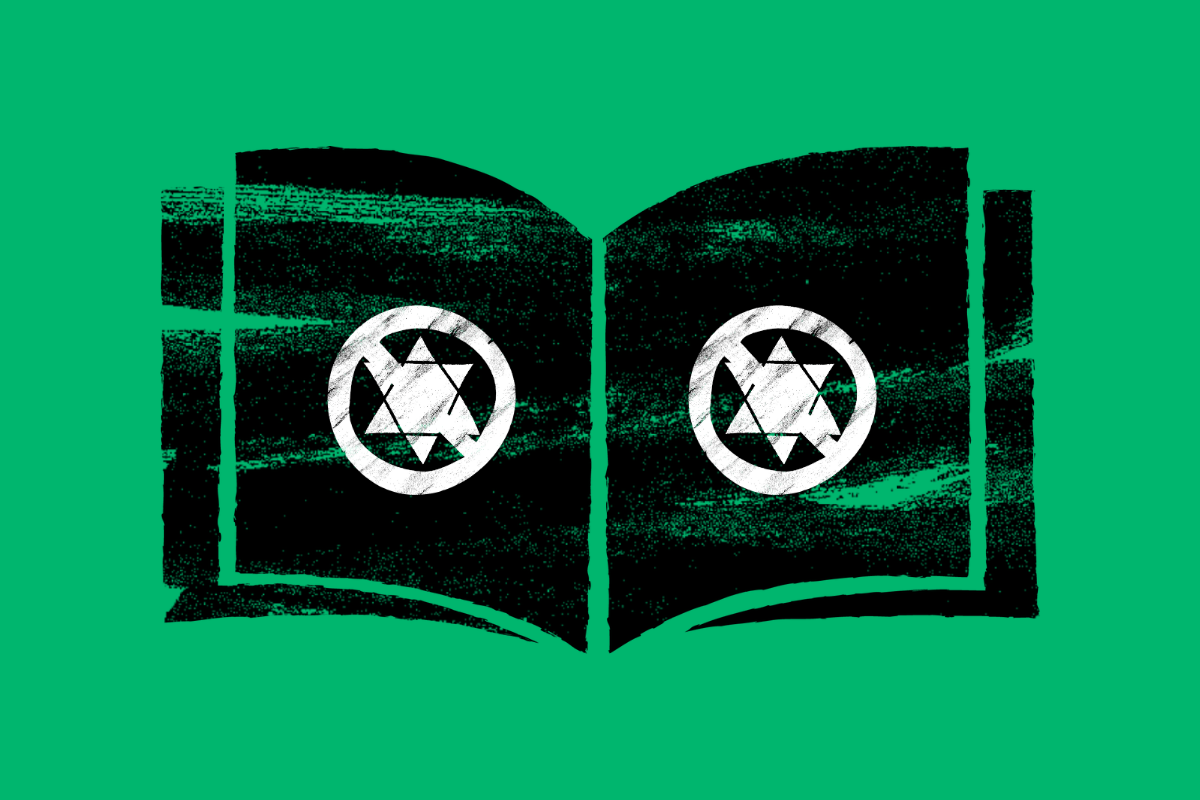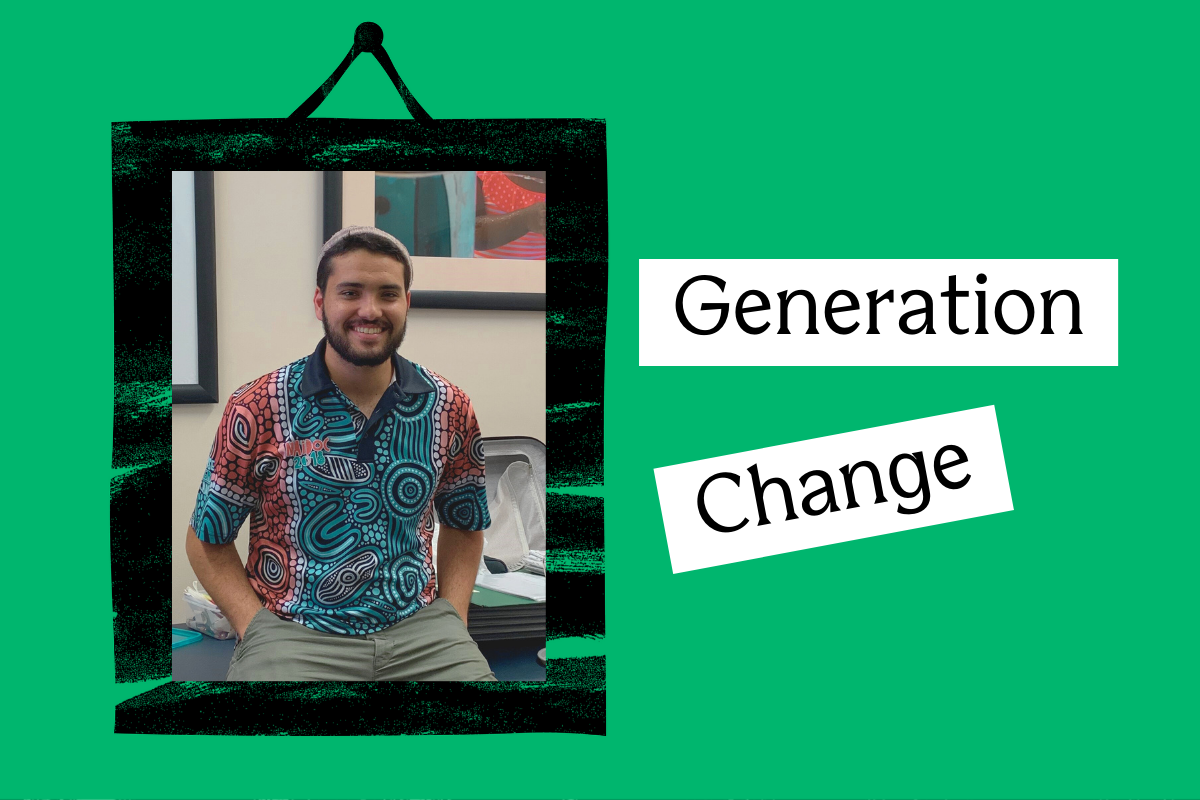Published: 11 August 2023
Last updated: 19 March 2024
Israel should not expect governments like Australia to remain silent while it expands settlements and entrenches the occupation of the West Bank.
Foreign Minister Penny Wong this week announced Australia will harden its language on Israel-Palestine, referring to the West Bank as “occupied” and settlements as “illegal”.
On the weight of most – though not all – international legal opinion, the government’s new language is accurate. The West Bank is occupied and the settlements – many of them growing into cities – are therefore generally held to be illegal.
This week’s announcement can be read as a deft pre-emptive strike by Wong in the face of a vote at the ALP national conference next week, where the party is likely to push the government to recognise Palestine as a state.
If the move works, it will be a good compromise for those who want to see Australia take a stance against the extremism of the Israeli government but don’t want to endorse a Palestinian state until there is a workable model ready to live in peace with Israel.
The new language responds to the pro-settler position of the current Israeli government. The coalition of far-right Jewish supremacists and Greater Israel fanatics has combined with the gymnastic pragmatism of Benjamin Netanyahu to create a major obstacle to any resolution of the conflict.
Its support of new settlements and even of violent settlers deserve to be condemned by international governments, as do its anti-democratic domestic policies.
If the Australian government really wants a stake in Israel-Palestine, it needs to take leadership in developing and funding peacebuilding initiatives.
Israel is, of course, not the only obstacle to peace. The Australian government should – and does – equally continue to condemn Palestinian terror and the continued determination of Hamas and Islamic Jihad to destroy Israel.
But under the far-right coalition, Israel’s supporters can no longer plausibly claim that its presence in the West Bank is simply about protecting its security. Nor can we maintain the position that Israel is ready to withdraw when (or if) the Palestinians are ready to accept Israel within pre-1967 borders.
The bipartisan middle ground embraced by Australian governments for many years endorsed a two-state solution and recognised both the rights of Israelis and Palestinians to peace and security. It avoided buying into several core issues: the question of the status of Jerusalem; the expansion of Israeli settlements in the West Bank and the notional recognition of a non-existent and currently unworkable Palestinian state.
But an increasingly polarised world has made that bipartisanship hard to maintain. Former prime minister Scott Morrison made the first move, when he recognised West Jerusalem as Israel’s capital in 2018, a policy Wong reversed last year.
Returning Australia to the bipartisan status quo might have been enough if Israel had not elected its most extremist government ever. But in the face of increasing Palestinian casualties and unprecedented growth in settlements, it has become untenable for a Labor government to ignore Israel’s shift to the right and the resultant intensified suffering of Palestinians.
As Australians, particularly as Jewish Australians with a strong commitment to human rights, we expect our government to speak out against injustice. We value Australia’s longstanding friendship with Israel and commitment to Israel’s security. We also recognise that good friends are not blind champions and that, under the current government, Israel needs some tough love from the international community. It is not reasonable for Australian Jews to expect Australia to act as if Israel has not changed.
The mainstream Jewish community leadership and Israel lobby were predictably unhappy with this week’s announcement. A joint statement from the Zionist Federation of Australia and Executive Council of Australian Jewry described the new official language as “inaccurate, ahistorical and counterproductive, pre-empting the outcome of negotiations between the parties and final status issues”.
The accuracy and historicity of the move are moot. In naming the occupation and the settlements as illegal, the government has placed Australia on one side of an international legal dispute: most legal authorities consider the settlements illegal ; some (mostly Israeli) do not. Both sides have valid historical claims that it is not helpful to reprise.
Productivity is more complex. The announcement was read as an endorsement from the Palestinian Authority, but to suggest that Australia's language will embolden Palestinian terrorism requires a long bow. It fell on deaf ears in the Israeli government.
In realpolitik terms, the hardened language on the West Bank may produce exactly what Israel’s Australian supporters need: a way for Wong to balance the demands from the party with the judgement to maintain a cautious policy on a Palestinian state.
The government is more cautious than the party and it knows that endorsing a Palestinian state is premature when there is no prospect for a state that would accept Israel. Less than 20% of Palestinians support the Palestinian Authority, which is committed to a two-state solution. If Israel were to withdraw without a peace agreement, Hamas and Islamic Jihad would gain ascendancy with an agenda to wipe out Israel.
Acknowledging the unworkability and unreality of a Palestinian state in the current circumstances, most countries that share Australia’s values (US, UK, Canada, much of Europe) have not endorsed a Palestinian state – although 132 other countries have done so.
For those who want a Palestinian state but do not want Israel wiped out in the process, stronger language on the occupation is a fair exchange.
The real problem is that Australia’s changing policies do nothing to bring hope to the region. Unfortunately, we are a long way from either Israeli withdrawal from the West Bank or a viable Palestinian state.
If the Australian government really wants a stake in Israel-Palestine, it needs to take leadership in developing and funding peacebuilding initiatives to prepare the ground for a real solution to the conflict.
An Australian government with a vision for peace would establish an equivalent of the US Middle East Partnership for Peace Act (MEPPA) or provide a direct contribution into MEPPA programs that support economic cooperation, people-to-people peacebuilding programs, and shared community building. Or it would fund joint health initiatives such as Project Rozana, which show how leveraging Israeli expertise can build the Palestinian health system and overcome economic disparities.
Australia’s contribution to peacebuilding programs for Northern Ireland provides an excellent model for a positive input in the Middle East.
Only initiatives like these will provide a real possibility of change for Palestinians and Israelis.
READ MORE
Government to harden stance against Israel's 'illegal settlements in occupied' West Bank (ABC)
Jewish community strongly criticises new position of Australian Government (ZFA/ECAJ)
ANALYSIS
Australia’s decision to again use the term ‘occupied Palestinian territories’ brings it into line with international law (Conversation)
Photo: Foreign Minister Penny Wong superimposed on an image of West Bank settlements




